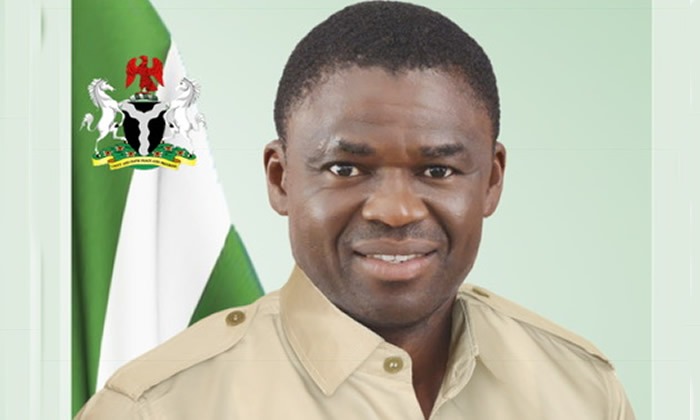Shuaibu: Notice of Appeal doesn’t amount to stay of execution – Lawyer
 A lawyer and public activist, Justice Osai Ahiakwo, has reminded the Edo State Government that an appeal filed against judgment of a High Court does not mean that the judgement of the lower court must not be obeyed in the interim.
A lawyer and public activist, Justice Osai Ahiakwo, has reminded the Edo State Government that an appeal filed against judgment of a High Court does not mean that the judgement of the lower court must not be obeyed in the interim.
He issued a statement in Calabar on the backdrop that the reinstated Philip Shuiabu as deputy governor of Edo State by the federal High Court can not function pending outcome of their appeal at the Appeal Court.
“Fragrant disobedience to and refusing to recognize the Deputy Governor Philip Shaibu by the Edo State Executive Governor as ordered by the Federal High Court’s amounts to violating the principle of rule of law.
“There is no law in Nigeria that empowers the Edo State Government to act in such a degrading manner just because there is a Notice of Appeal filed at the Appeal Court challenging the judgement of the Federal High Court.
“There is nothing to suggest that a Notice of Appeal amounts to stay of execution. Anything to the contrary is an affront on the judiciary.
“Until and unless the Appeal Court reverses the judgement of the Federal High Court, Com. Philip Shaibu remains the authentic and recognized Deputy Governor of Edo State by virtue of the Federal High Court judgement.”
Ahiakwo advised that Nigerians must rise in defense of the Nigerian Constitution and condemn such wanton disregard for judicial orders or disobedience of court decisions by the executive or the legislative arms of government.
The lawyer reiterated that the Federal High Court’s judgment reinstating Shaibu was consistent with upholding the 1999 Constitution and the rule of law.
According to him, the court order is a demonstration of the judiciary’s role in preventing illegality and a clear message that thorough investigation into serious infractions of the constitution must be considered in impeachment proceedings.
He maintained that the judiciary is crucial in maintaining the balance of power and promoting good governance.
He went on to argue that the impeachment process of Shuaibu abinitio ought to have garnered substantive evidences, and not mere allegations or frivolities.













